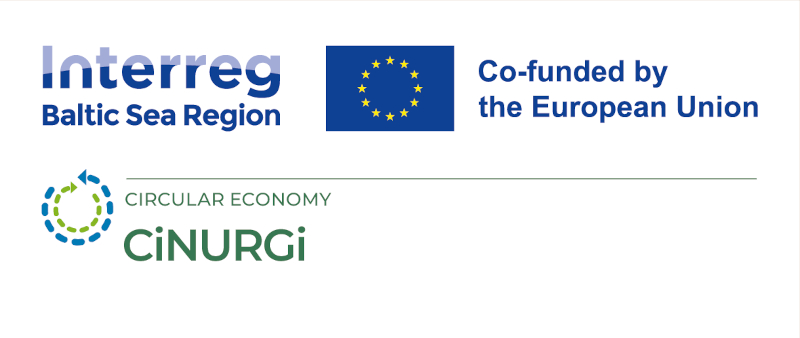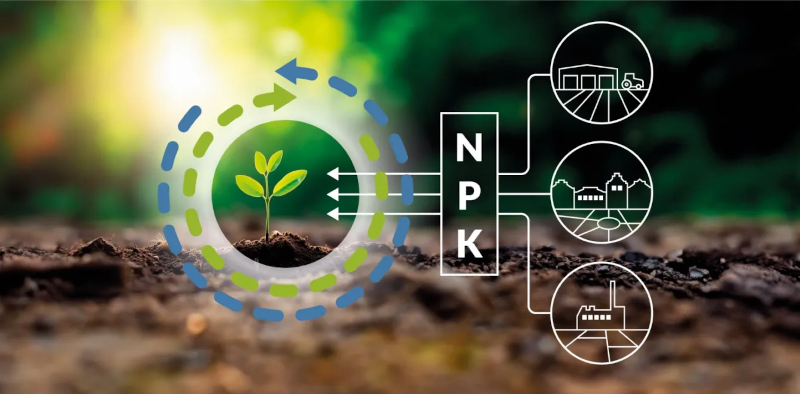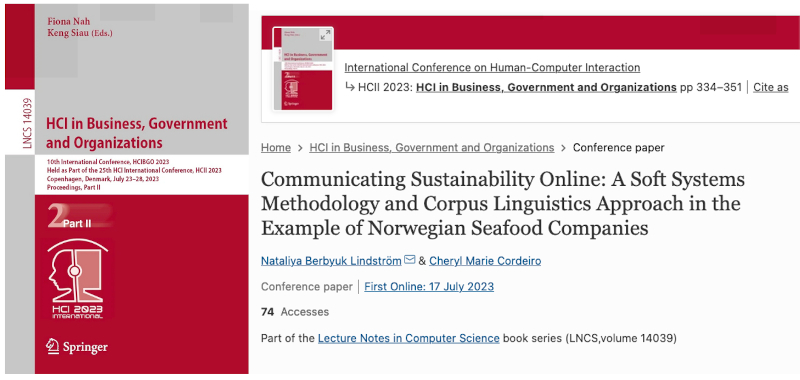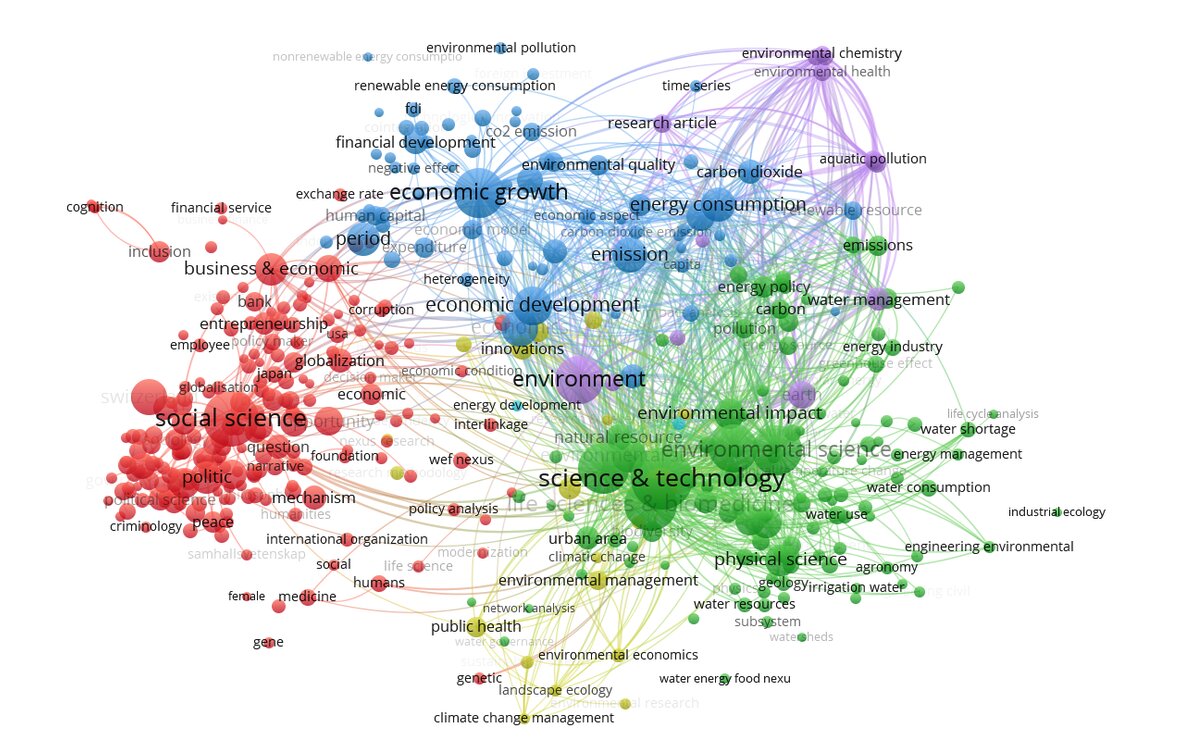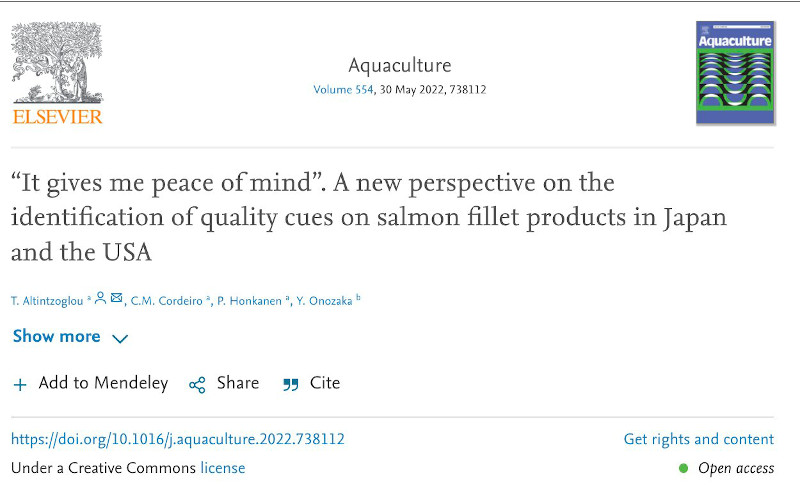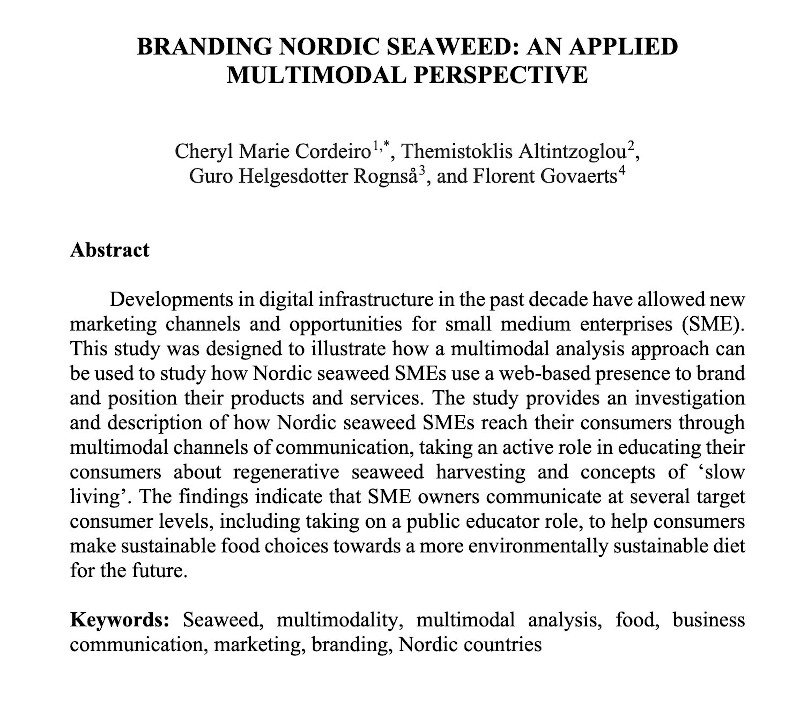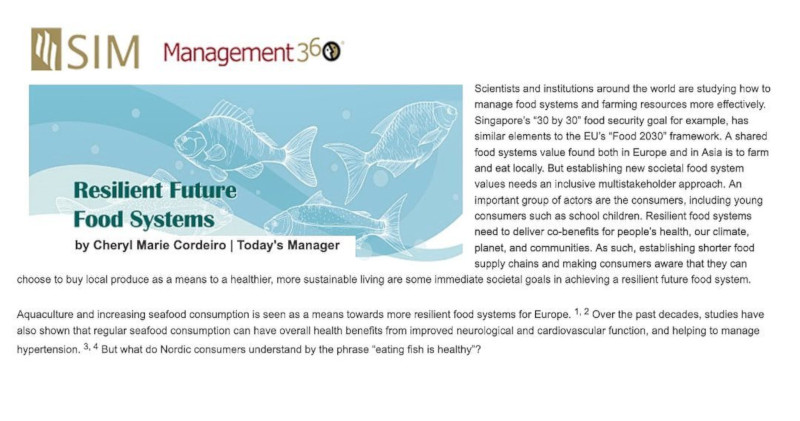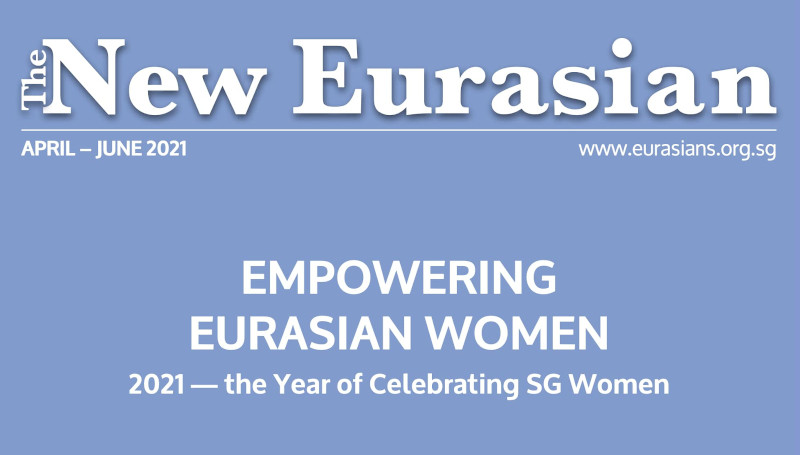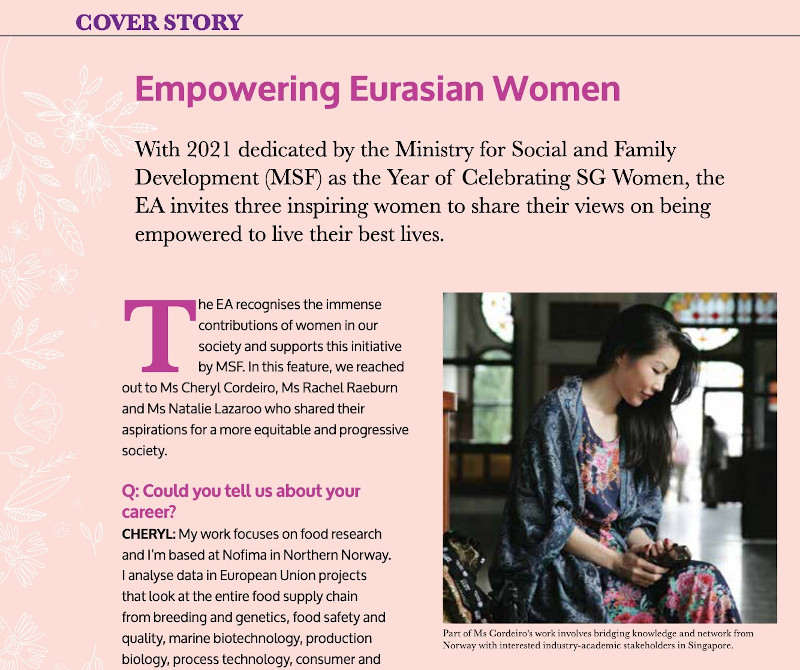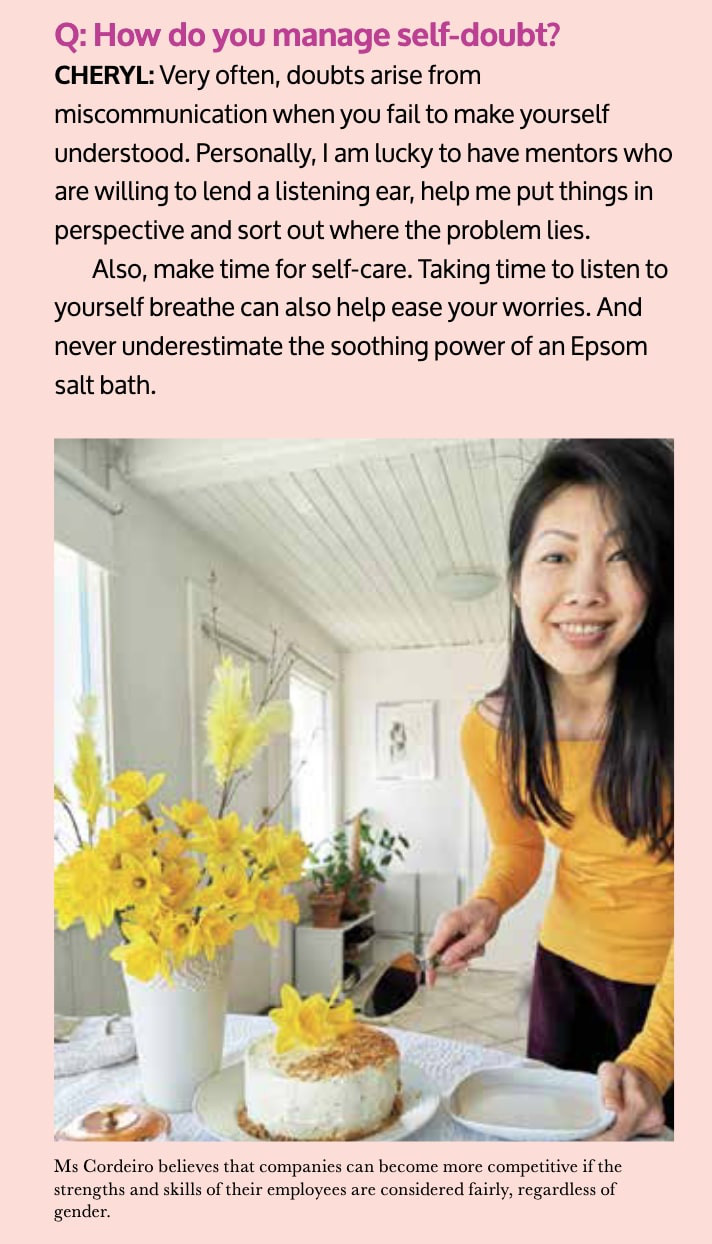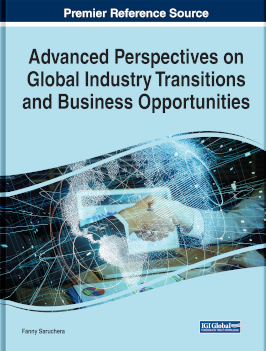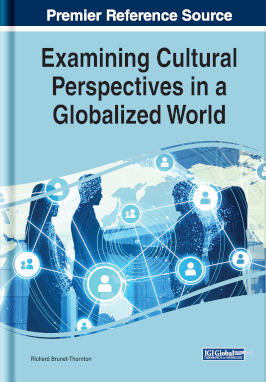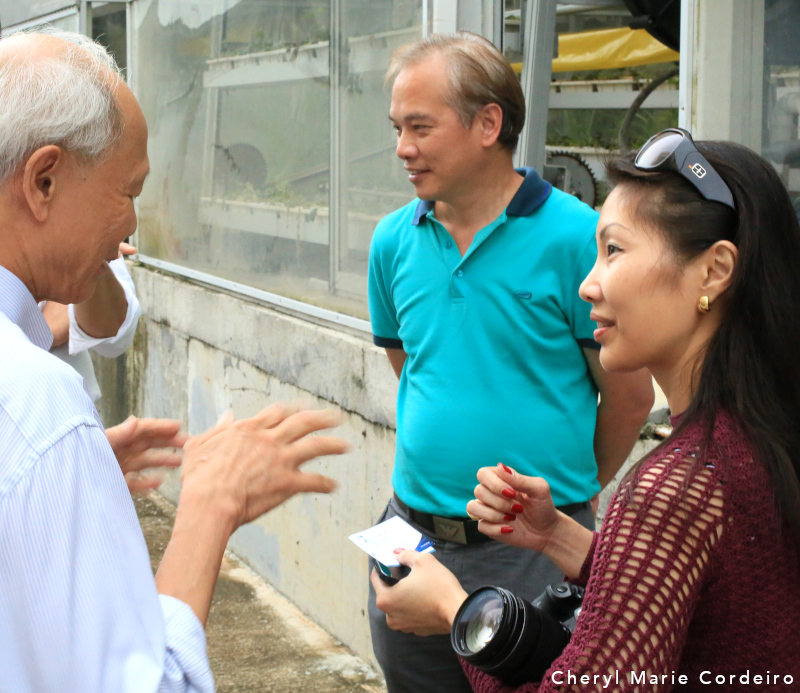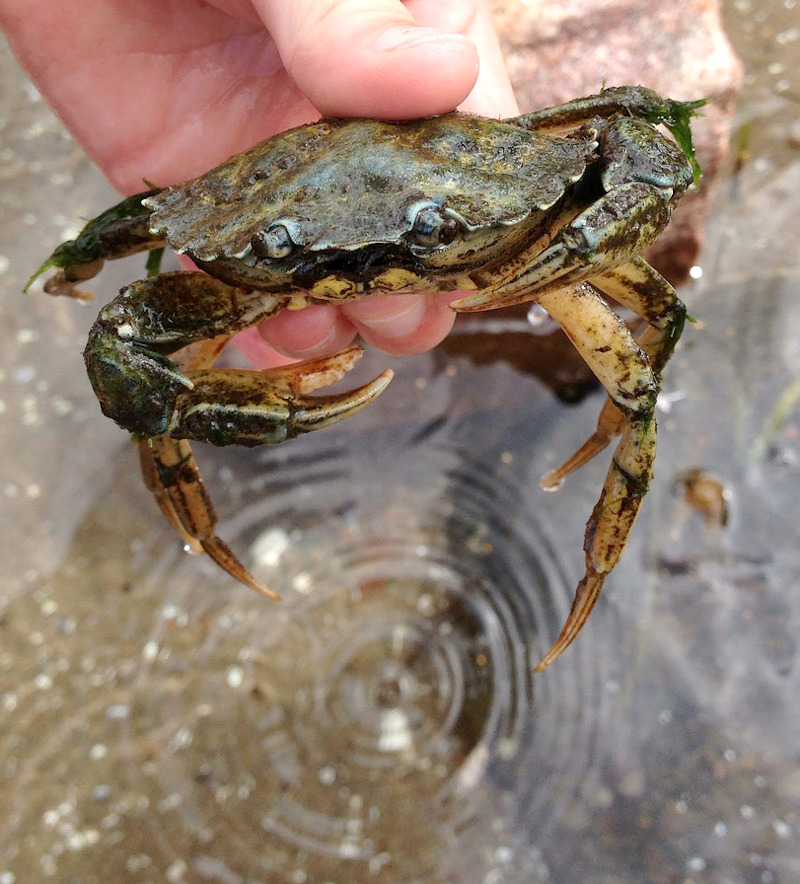CiNURGi Project Summary
CiNURGi (6.5mEUR 2023-2027) is an EU Interreg BSR core project aimed at developing a circular economy for nutrients in the Baltic Sea Region. The initiative focuses on upgrading current infrastructure and technology to enhance nutrient recovery from biomass and resource streams from agricultural, municipal, and industrial sources. The project’s goal is to facilitate efficient nutrient use and promote the use of recycled fertilizer products.
Objectives and Strategic Alignment
The project aligns with several regional and European strategies, including:
1. HELCOM Baltic Sea Regional Nutrient Recycling Strategy and Baltic Sea Action Plan.
2. EU’s Circular Economy Action Plan under the EU Green Deal.
3. Integrated Nutrient Management Action Plan of the Farm to Fork Strategy.
4. EUSBSR Policy Areas Nutri and Bioeconomy. Continue reading “EU Interreg Baltic Sea Region (BSR) Core Project CiNURGi 2023-2027”
